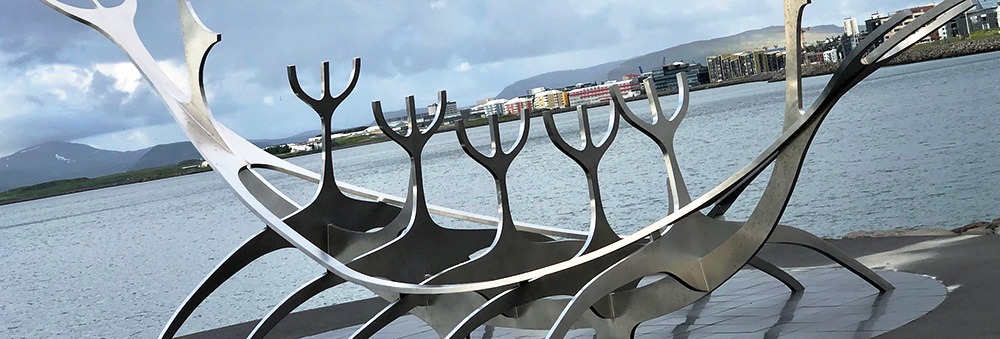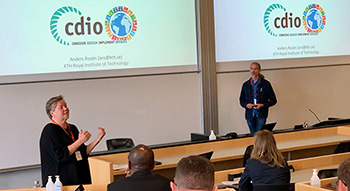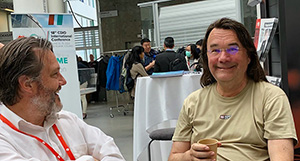Among the cornerstones of engineering education – CDIO

KTH (Kungliga Tekniska Högskolan) faculty and representatives from The Department of Learning in Engineering Sciences visited the Reykjavik University in Iceland for the 18th CDIO International Conference. The main theme of the 18th International Conference was “Surviving and Thriving” and 247 participants attended the 4 intensive days.
CDIO Standards
Kristina Edström Associate Professor in Engineering Education Development and Anders Rosén Associate Professor in engineering education were part of the international team who presented the new CDIO Standards 3.0 after a review process of several years.

The CDIO standards are a set of principles (or best practices) underlying the implementation of CDIO in an engineering program. In addition to defining the distinctive features of a CDIO program, they also serve as guidelines for educational reform, allow benchmarking against other programs, and support continuous improvement through self-evaluation.
CDIO Council news
Kristina Edström is now again part of the CDIO Council, as a member-at-large. The voting took place during the conference and the result was presented on Wednesday.
The CDIO Initiative is supervised by the CDIO Council formed by the regional leaders, 6 Members-at-Large and 2 Co-directors. All elections are arranged at the Annual International CDIO Conference, and the participating schools have one vote each. More on the CDIO organization
Future Education
Joakim Lilliesköld Associate Professor in Industrial Systems Engineering & Professor Leif Kari , Vice president for Education attended the conference, both working on the strategies for Future education at KTH.

“CDIO is a particularly good conference when developing education and one of the cornerstones in engineering education at KTH. We have been there several times before, but this year it was extra relevant due to our work on the future of education.” says Joakim Lilliesköld
"A lot of things from CDIO are relevant and will be very influential in our next steps. CDIO's principles closely align with ours. Moreover, CDIO's progression thinking is also relevant when it comes to solving real problems, like sustainability. We hope that more schools and programs will benchmark CDIO when developing their programs, regardless of whether they are old or new".
Final words from Kristina Edström "CDIO conferences are always warm and welcoming, but this time was something special as we really felt the joy of meeting in person again. The number of participants was as high as ever, the overall quality of contributions was unusually high, and participation in workshops enthusiastic".
Text: Madeleine Tucker Smith

